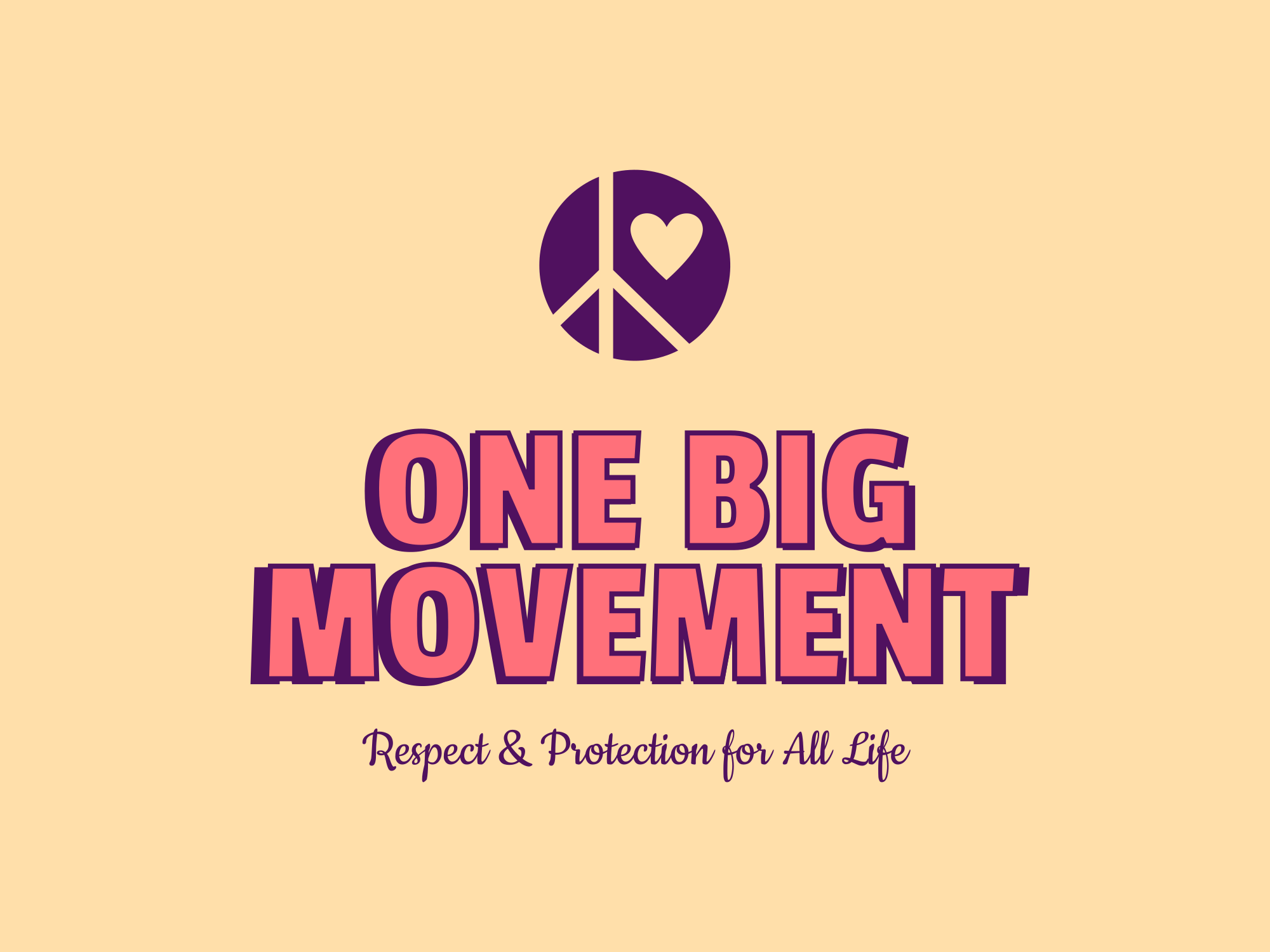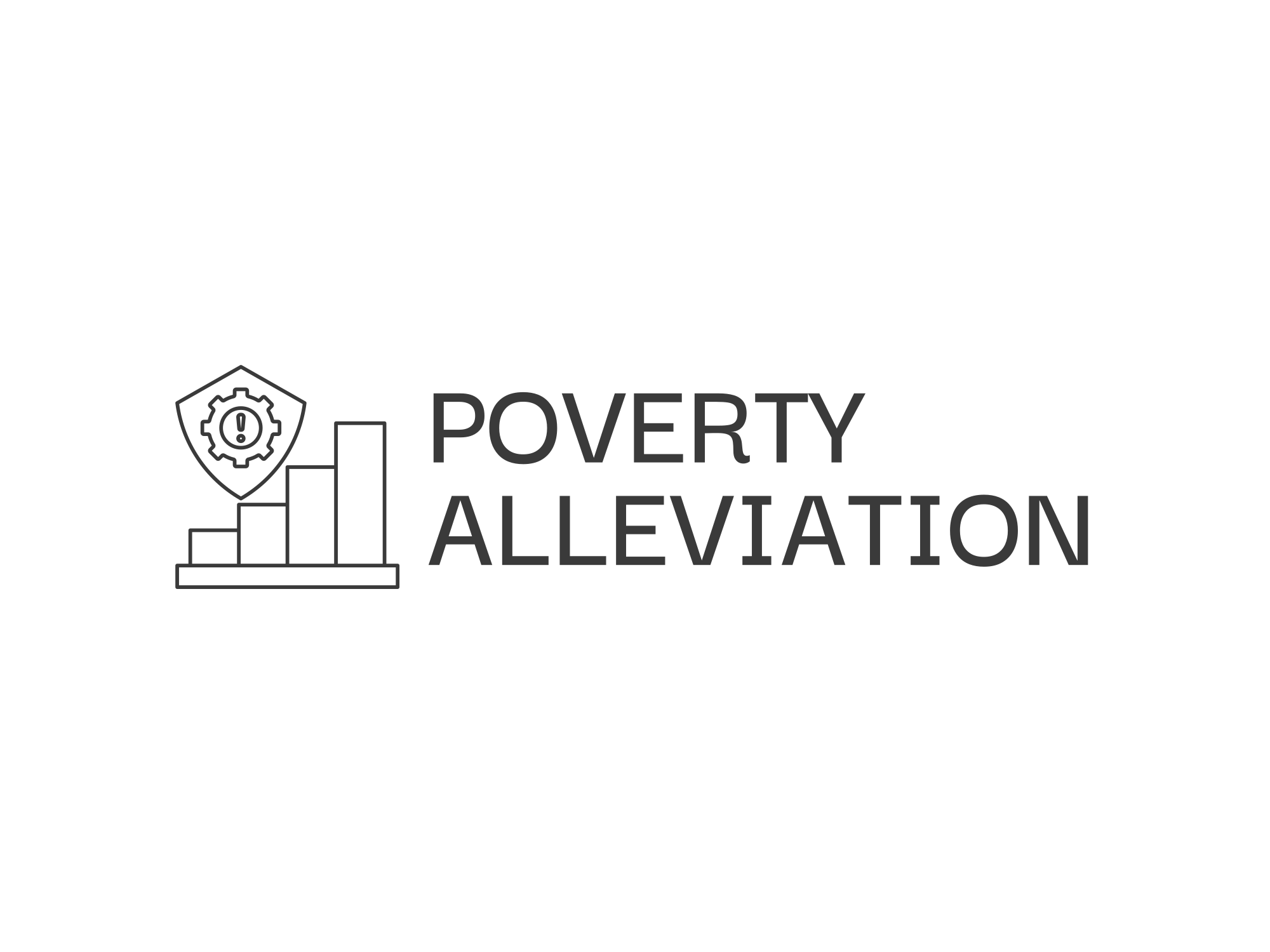One Big Movement
Labor Unions Need to Lead the Way
Labor unions have a unique opportunity to partner with non-profit organizations addressing critical global issues in order to drive meaningful, lasting change. While unions have traditionally focused their efforts on securing better wages, benefits, and working conditions for their members, aligning with non-profits working to combat problems like world hunger, child abuse, animal cruelty, and environmental degradation can amplify the collective impact of these important causes. By pooling resources, expertise, and influence, unions and non-profits can advocate more effectively for policy reforms, raise public awareness, and mobilize broader grassroots support. For instance, a union could leverage its large membership base and organizing capabilities to boost fundraising, volunteer recruitment, and legislative lobbying efforts of a non-profit fighting to end child poverty worldwide. Conversely, non-profits with deep knowledge of social and humanitarian issues can provide valuable guidance to unions on expanding their advocacy beyond workplace concerns. This mutually beneficial collaboration allows both parties to transcend their traditional boundaries and pursue a more holistic, systemic approach to social change. In an increasingly interconnected world facing complex, multifaceted challenges, such strategic partnerships between labor unions and non-profit organizations are essential for generating the transformative impact needed to create a more just, equitable, and sustainable future for all.
People Take Pride In Their But Corporations Do Not
While individual people often place great emphasis on national borders and take pride in their country’s identity, corporations tend to operate with a much more global, borderless perspective. For the average person, the lines on a map that delineate national boundaries can hold deep cultural, historical, and emotional significance. People may strongly identify with their homeland, its traditions, and its symbols, leading them to fiercely defend its sovereignty and territorial integrity. Notions of patriotism, loyalty, and in-group/out-group mentalities are deeply ingrained in the psyche of many citizens. In contrast, multinational corporations view the world through a lens of pure commercial interests, unencumbered by romanticized notions of nationalism. Their primary objectives are to maximize profits, expand market share, and increase shareholder value – goals that are often best achieved by transcending national borders and cultivating a global footprint. Corporations seek to access the cheapest labor, the most lucrative customer bases, and the least restrictive regulatory environments, regardless of where these resources may be located geographically. The patriotic sentiments that stir the hearts of ordinary people simply do not factor into the cold, calculating decision-making of large, faceless business entities. In the end, while individuals may be willing to fight and die for their country, corporations will always prioritize the bottom line over abstract concepts of national pride.
Corporations Take Advantage Of The Developing World
In today’s globalized economy, many multinational corporations have become adept at leveraging the disparities in living standards, labor regulations, and environmental protections across different countries to their distinct advantage. By shifting production and operations to regions with a significantly lower cost of living, these companies are able to drastically reduce their labor expenses, often at the expense of worker rights and fair wages. Similarly, by establishing facilities in areas with lax or loosely enforced labor laws, corporations can circumvent requirements for safe working conditions, reasonable hours, and other employee safeguards that are common in more developed nations. This race to the bottom in terms of regulatory oversight also extends to environmental regulations, as businesses seek out locations with minimal restrictions on pollution, resource extraction, and other practices that maximize profitability but can devastate local ecosystems. Through these tactics of exploiting the global market and free trade agreements, major corporations are able to boost their bottom lines and satisfy shareholder demands for ever-increasing profits, all while shirking the social responsibilities that should accompany their economic power and influence. The result is an uneven playing field that concentrates wealth in the hands of a few multinational conglomerates, while leaving workers and communities in the developing world to bear the brunt of the environmental and humanitarian costs.
Jesus’s Teachings & Nationalism
The issue with nationalism and the teachings of Christ is a complex and multifaceted topic that has long been debated by theologians, philosophers, and political thinkers. At the heart of the matter is the fundamental tension between the exclusivist, tribalistic nature of nationalism and the universalist, inclusive message of Christ’s teachings. Nationalism, with its emphasis on loyalty to one’s own ethnic, cultural, or political group above all others, stands in stark contrast to Christ’s call for his followers to love their neighbors as themselves, to show compassion to the stranger and the outcast, and to see all of humanity as equal in the eyes of God. This creates an inherent conflict, as nationalist ideologies often justify the subjugation, discrimination, or even violence against those deemed to be outside the “in-group.” Meanwhile, the Gospels preach a radical message of unconditional love, forgiveness, and the inherent dignity of every human soul. Proponents of Christian nationalism attempt to reconcile these opposing worldviews, but critics argue that this represents a dangerous distortion and politicization of religious teachings for nationalistic ends. Ultimately, the tension between nationalism and the core tenets of Christianity remains a source of ongoing debate, with profound implications for how we understand the role of faith in public life and the treatment of the “other” in an increasingly polarized world.









